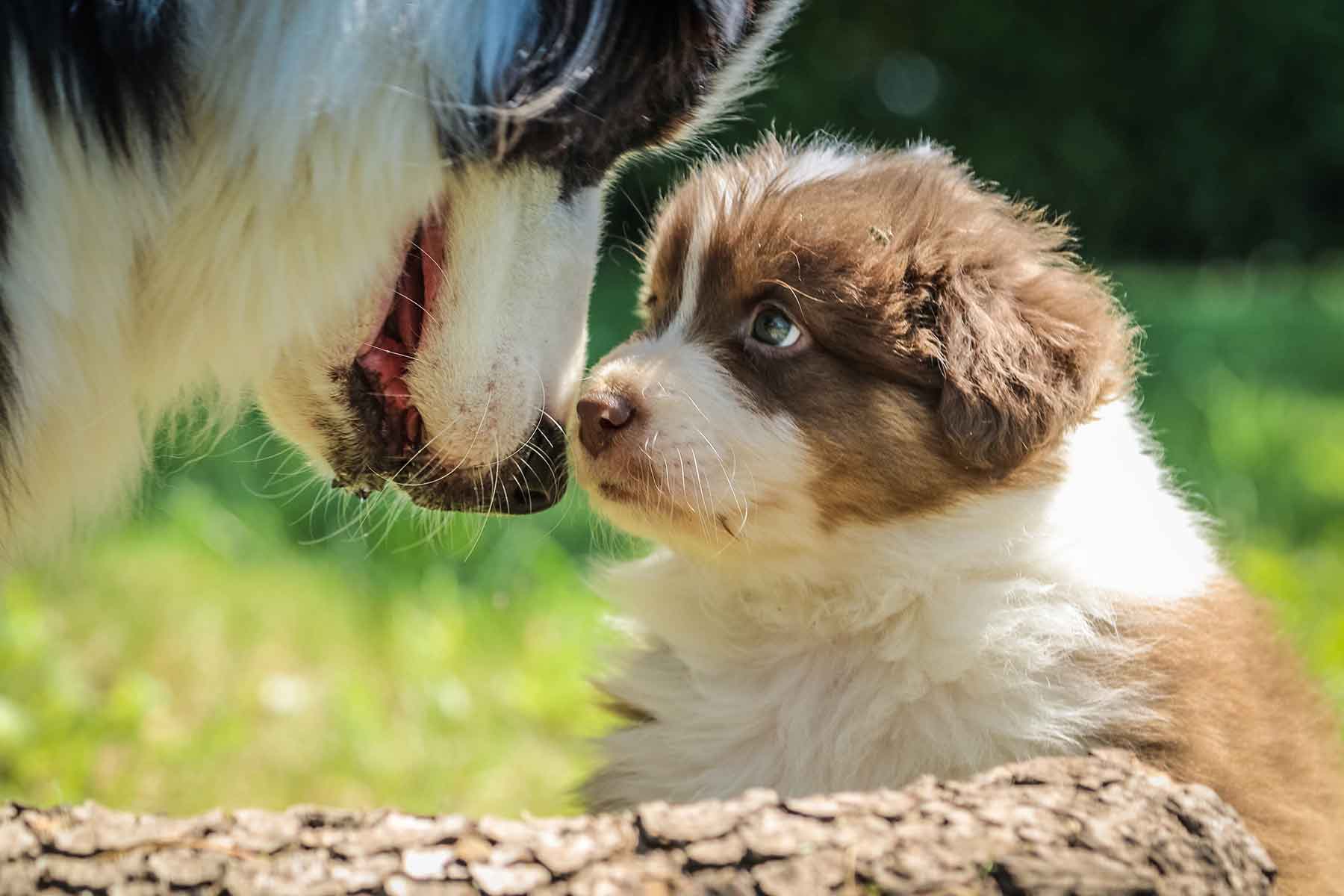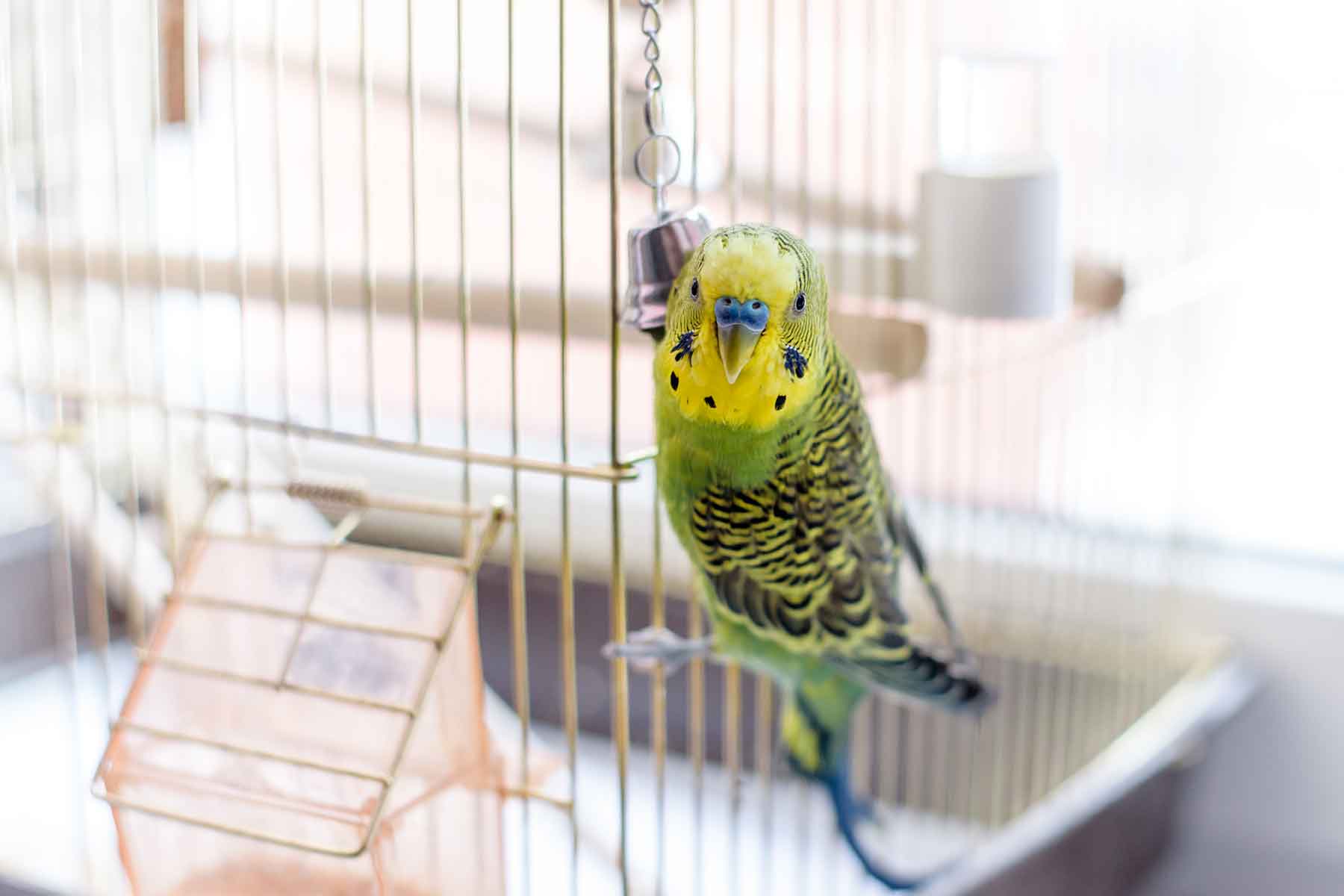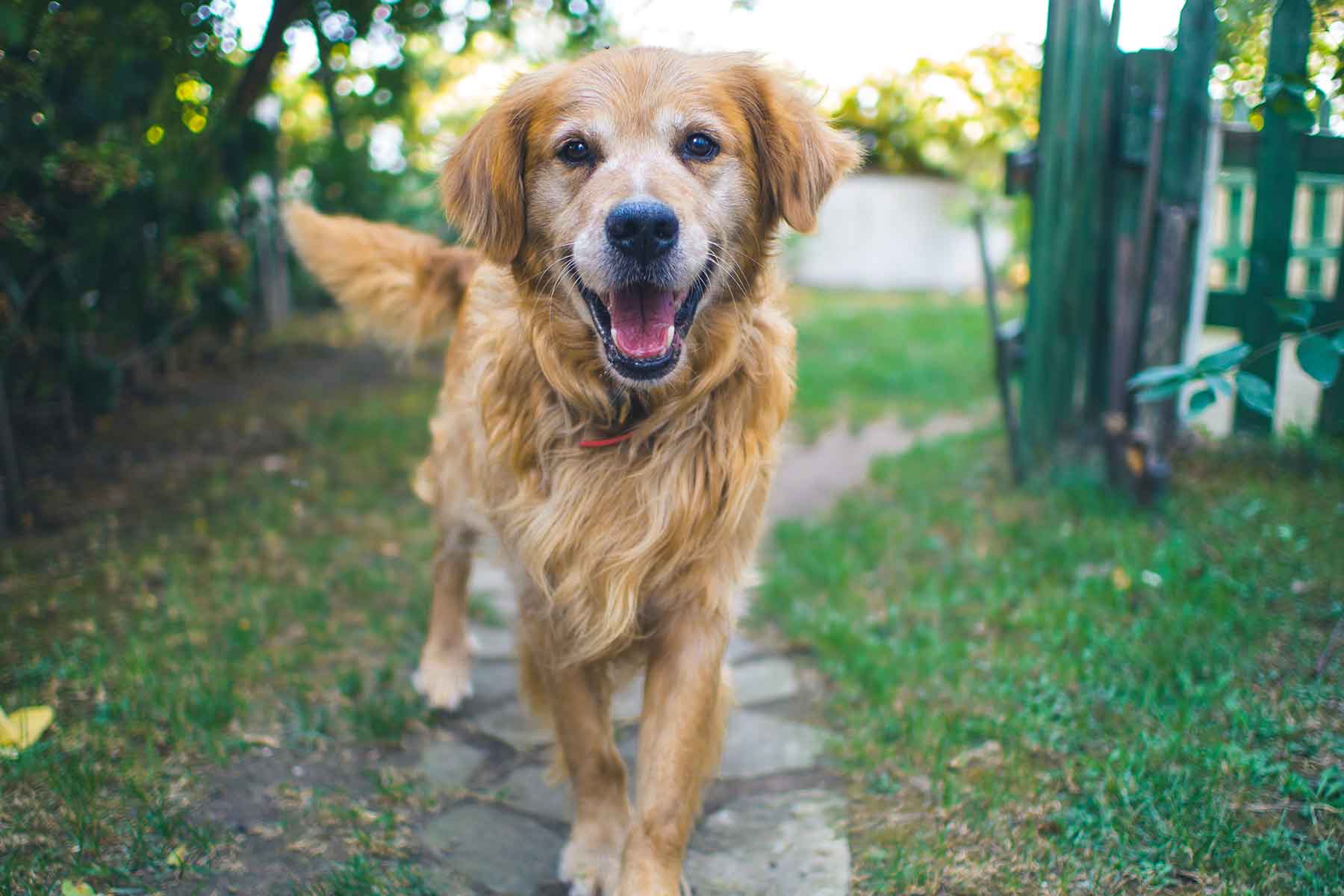Playing with puppy-friends in a new environment such as the local park or beach is a very exciting time for any puppy. However, there are a number of highly contagious diseases which exist in the canine community. Diseases such as Parvovirus are particularly threatening to puppies as they grow and develop. Making sure your puppy is safe before adventuring into the real world will provide the best opportunity for them to keep healthy and well.
Vaccinations provide the vital protection your puppy needs before venturing outside. Vaccines work by exposing your pet’s immune system to a small amount of the disease-causing agent (virus or bacteria) by injection. The viruses and bacteria contained in vaccines are inactivated or weakened, so they are not capable of causing the disease when given correctly. Following a complete vaccination schedule, the immune system produces antibodies and special cells that ‘remember’ the viruses and bacteria contained in the vaccine. Thus when your dog comes in contact with the real disease, the immune system will ‘remember’ what was in the vaccine and rapidly eliminate the infection. Immunity wears off over time, so it is important to ensure your dog receives regular boosters throughout his/her life.
Safety with a puppy vaccination schedule
Before venturing outside your puppy should receive a full program of vaccinations which protect against the following diseases:
Canine Parvovirus
Canine Parvovirus is a viral gastroenteritis that is highly contagious. Depression, loss of appetite, severe vomiting and diarrhoea containing blood are some of the signs. Left untreated Parvovirus can be fatal within 24 hours. Learn more about the signs and symptoms of parvovirus and puppy socialisation.
Canine Distemper
Distemper is a highly contagious disease producing signs such as fever, depression, loss of appetite and discharge of pus from the eyes and nose. In severe cases the brain may become affected resulting in convulsions and can be fatal.
Canine Hepatitis
Canine Hepatitis in puppies can cause sudden death, whilst adult dogs can experience weakness, fever, diarrhoea, loss of appetite, bleeding and acute abdominal pain due to enlargement of the liver.
Canine Parainfluenza Virus and Bordetella (Canine Cough)
Signs include a dry hacking cough that often finishes with gagging and persists for several weeks. These are both highly contagious diseases especially in enclosed conditions such as boarding kennels and show rings.
Vaccination programs (the number, type and timing of vaccinations) varies between veterinary hospitals or clinics and depend on the brand and type of vaccination used. We use premium vaccines which protect against the latest strains of a disease and provide better immune response. When vaccinated at our hospitals puppies are generally ok to socialise with other pets and visit public places such as park and beaches, 10 days after their final puppy vaccination at 10-12 weeks. However, we strongly recommend that you confirm this time period with your veterinarian or contact us to find out when it is safe for your pet to socialise.
Learn more about the common diseases that affect dogs, pet vaccinations, and if you require a vet then find out where your nearest vet clinic is located to book appointment.











